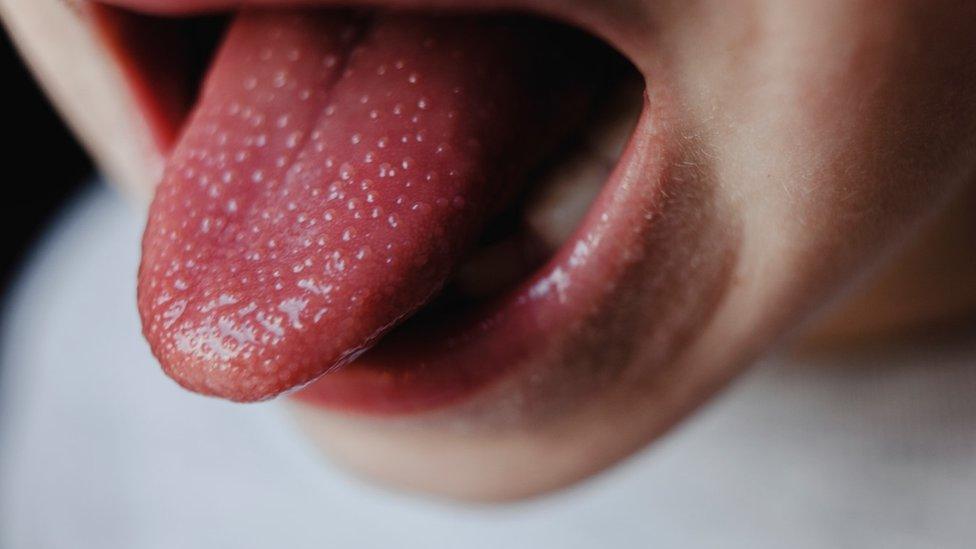Isle of Wight scarlet fever cases quadruple in fortnight
- Published

The number of scarlet fever cases on the Isle of Wight has quadrupled in a fortnight, government data shows
The number of cases of scarlet fever on the Isle of Wight has quadrupled in a fortnight, according to the government.
The Island has recorded 32 cases, the highest number in England and Wales, figures from the UK Health and Security Agency (UKHSA) show.
There have been no confirmed cases of the potentially fatal strep A infection.
Nine young children have so far lost their lives following a wave of cases across the country.
But the Island has four unconfirmed streptococcal infections.
The first case of scarlet fever recorded dates back to the week ending October 9 and numbers have been rising since.
Latest data from the UKHSA shows in the week ending 4 December, the island had 32 cases, up from eight on 20 November, according to the Local Democracy Reporting Service (LDRS).
Hampshire and all of its districts had 29 cases - in Southampton, there are nine reported cases, whereas Portsmouth has two.
But the Island's director of public health, Simon Bryant, said the figures were not comparable across the country.
"While the Island's figures appear to be the highest at a unitary authority level, these are suspected cases and not laboratory confirmed and reflect medical practitioner reporting of cases," he said.
In guidance yesterday, Mr Bryant urged parents to remain vigilant to the signs of children becoming seriously unwell.

What is scarlet fever
The rash of scarlet fever often begins with small spots on the body which then spread to the neck, arms and legs. It is often sand paper-like to touch but is not itchy.
Your child may also have a:
sore throat/tonsillitis;
fever (temperature of 38°C (100.4°F) or above);
painful, swollen glands in the neck;
a red tongue (strawberry tongue).
If a parent or carer suspects scarlet fever or invasive strep A infection, they should call their GP or NHS 111 as prompt treatment with antibiotics can prevent serious illness and stop infections spreading.

Follow BBC South on Facebook, external, Twitter, external, or Instagram, external. Send your story ideas to south.newsonline@bbc.co.uk, external.
- Published5 December 2022
